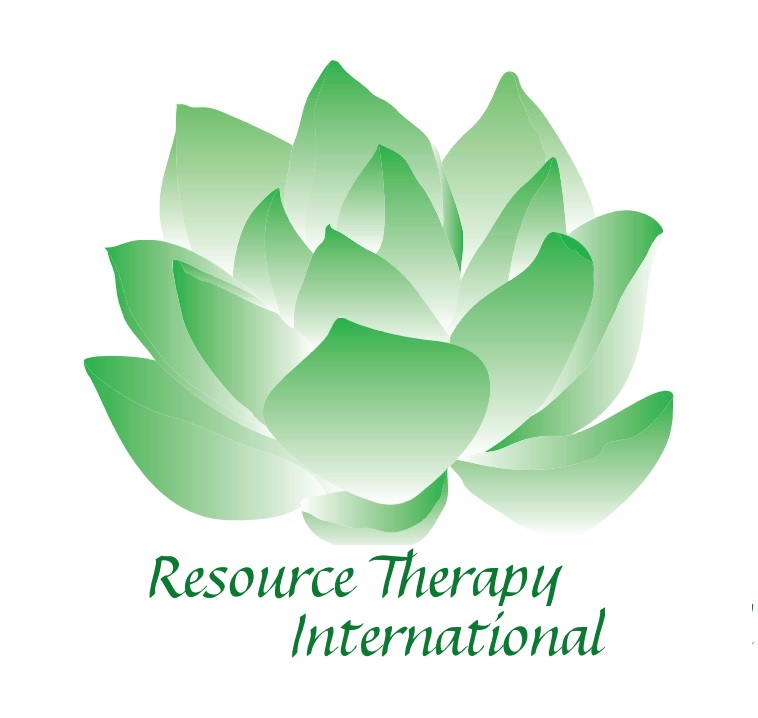Professor Gordon Emmerson, PhD, is the founder of Resource Therapy (RT) and a pioneering voice in parts-based, trauma-informed psychotherapy. His model is taught and practised globally by psychologists, trauma therapists, counsellors, social workers, and coaches.
Who is Professor Gordon Emmerson?
Professor Emmerson Phd is recognised for creating Resource Therapy, publishing research on parts-based interventions, and establishing Resource Therapy International (RTI) to support standards in training, accreditation, and supervision.
Academic and clinical background
Emmerson served as an Honorary Fellow in the School of Psychology at Victoria University, Melbourne, contributing to clinical education and supervision. Building on Ego States: Theory and Therapy by John and Helen Watkins, he evolved ego-state approaches into Resource Therapy’s structured, state-specific protocols.
Evidence-based research and journal articles
Emmerson’s empirical work includes a quasi-experimental study indicating a five-fold reduction in menstrual migraine following four ego-state sessions, with concurrent improvements in MMPI-2 depression and anger scales.
Selected references
- Emmerson, G. J., & Farmer, K. (1996). Ego-state therapy and menstrual migraine. Australian Journal of Clinical Hypnosis and Hypnotherapy, 31(2), 121–129.
- Christensen, C. A., Barabasz, A., & Barabasz, M. (2013). Efficacy of abreactive ego-state therapy for PTSD: Trauma resolution, depression, and anxiety. Journal of EMDR Practice and Research, 7(2), 65–74.
- Watkins, J. G., & Watkins, H. H. (1997). Ego States: Theory and Therapy. W. W. Norton & Company.
What is Resource Therapy?
Resource Therapy is a structured, brief psychodynamic trauma-informed parts model that enables direct dialogue with the state that holds the issue. It provides:
- A diagnostic map of normal, vaded, retro, conflicted, and dissonant states
- 15 Treatment Actions (e.g., Vivify Specific, Bridging, Expression, Anchoring)
- Protocols designed for safety, precision, and durable change
RT is a standalone therapy. Once the Clinical Training is completed, it complements and integrates with modalities such as EMDR, ACT, DBR, and IFS while retaining a distinct, state-specific language and method.
Publications and professional texts
- Ego State Therapy (2003)
- Advanced Techniques in Therapeutic Counselling (2006)
- Healthy Parts, Happy Self (2012)
- Resource Therapy Primer (2014)
- Resource Therapy (2014)
- Therapist Gold: Clinical Strategies for Parts Therapy and Emotional Healing (2025)
Global leadership and training
To ensure standards and ethics, Professor Emmerson founded Resource Therapy International (RTI). RTI oversees a structured training pathway delivered in more than 15 countries:
- Foundation – core concepts and practice essentials
- Clinical – diagnosis and application of the 15 Treatment Actions
- Advanced Clinical – complex casework and supervision
- Trainer Certification – for experienced clinicians who teach RT
Explore RTI training & certification
Relevance for health professionals
For clinicians addressing trauma, mood and anxiety disorders, behavioural issues, relational ruptures, or internal conflict, Resource Therapy offers:
- A clear, state-based map for case formulation
- Evidence-informed, trauma-aware protocols
- Direct access to wounded states for targeted healing
- A client-led, strengths-based approach
Contact
For media, training, and accreditation enquiries, please contact admin@resourcetherapy.com.
© Resource Therapy International. Information on this page is provided for educational purposes and professional development.
